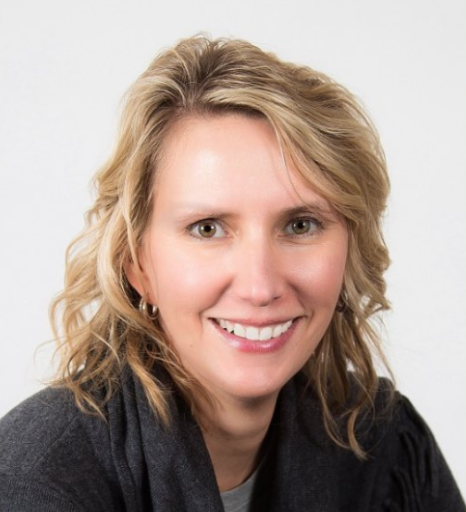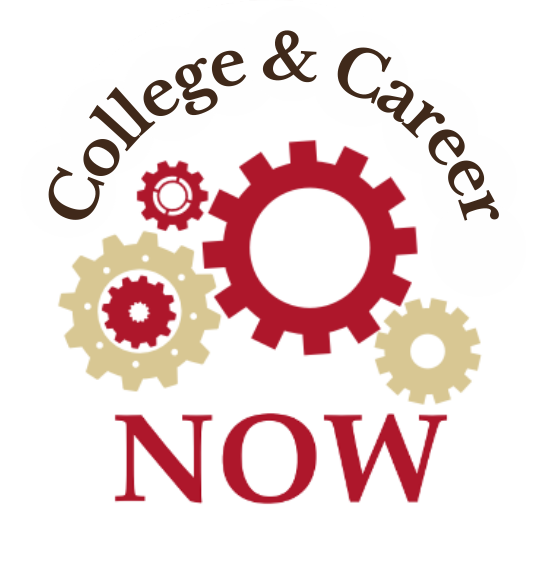
#SDSUSCFellows- Rayme Martineau
Interview with Rayme Martineau
Educational Consultant for Marquette-Alger RESA
If you could go back and visit your elementary, middle, and or high school counselor, what would you tell them?
I didn’t have an elementary or middle school counselor because I attended rural schools. I did have a high school counselor and I think I would like to tell them to take the time to get to know the students. The only time we did have interactions with our school counselor was around scheduling issues. There was never any personal connection there so I think that would be something I would love to go back to ask, “Why didn’t you get to know some of the students and be a part of their lives…be a part of their journey through high school?” I learned from that and it is why I went into counseling because I wanted to do the social emotional work that was missing. Sadly, now I’m so removed from doing that because of all these other duties, but that’s why I went into the field. I think having relationships and having those connections, simply taking a few moments just to see what’s going on in the lives of students, is important.
From your perspective, what really works in college counseling/advising, access, and success?
The advisors at the postsecondary level that I work with are really good at showing the relevance of the courses students are taking. Perhaps I’m super lucky with the ones I work with, but they do really take the time to explain to the students why they’re taking this course and what it will look like down the road or how this course may have an impact if they continue on to a bachelor’s degree or beyond. It’s extremely time intensive to be a college advisor and I don’t think school counselors have the time to do that but if they did, it would definitely help students be successful. If they could actually take the time to have those kinds of conversations, or make it more personalized, it could really help show relevance.
How do you hope to create a more equitable postsecondary advising system?
I’m in the UP (upper peninsula) and I don’t know if you’re familiar with Michigan but we are rural. I took the equity class with SDSU and it was an eye opener for me. I always thought I was this fair equitable person and I found out I was not and it was heartbreaking. I realized I have all these preconceived notions that I wasn’t really aware of. I learned that awareness is huge because I think we all believe we’re good people and don’t intentionally do or say things to be inequitable. That is something that is still rattling around in my mind on how I can work with other school counselors across the UP and even with our own staff to increase awareness of biases. The equity class was a really good class and I think everybody should take it. I think if we are aware of our own issues and how we perceive students that is the first step in being more equitable.
Tell us about your advocacy project.
Cathy, Stephanie and I are interested in working around the role of the school counselor. I really want to have our role more defined because I am afraid of what’s happening with the counseling profession. I went into counseling for the social emotional aspects of the job and when I talked to my counselors that’s why most of them went into counseling as well. Yet, it is not something we are able to do as much because of other duties placed on us. Having the role more defined so the administration understands what counselors should be doing is important in advocating for the profession. Many counselors want to be involved in social emotional work but very few of my high school counselors are doing that. We are looking into having a widely spread counselor evaluation that helps outline and define the role of the counselor and what they should be doing. That way counselors can advocate for what their role is in the school. I think it’s going to be a long process but it’s my yearly goal for next year to get that information across the UP so it is consistent. Part of the dream is to work with the school principals associations and have a brief training on this. It will also be important to get counselors to start advocating for themselves. Even asking to be evaluated using the evaluation tool we create (or use MSCA) might peak the administration’s awareness so that they realize that their school counselor is taking on many duties. I am concerned because I see this weird thing happening with the profession where it’s kind of morphed and changed into something else. We should be doing college and career advising, SEL and not be in charge of 504 meetings or testing. Our Michigan Department of Education doesn’t have anyone there that deals specifically with school counselors. We have no point of contact if we have a question. Having that position where school counselors have a point of contact where we could email if there are issues or we require timely resources would be helpful. It’s important to have one person to turn to rather than try to get information from a variety of scattered sources. With this one little project, we have all these different directions we want to take.
